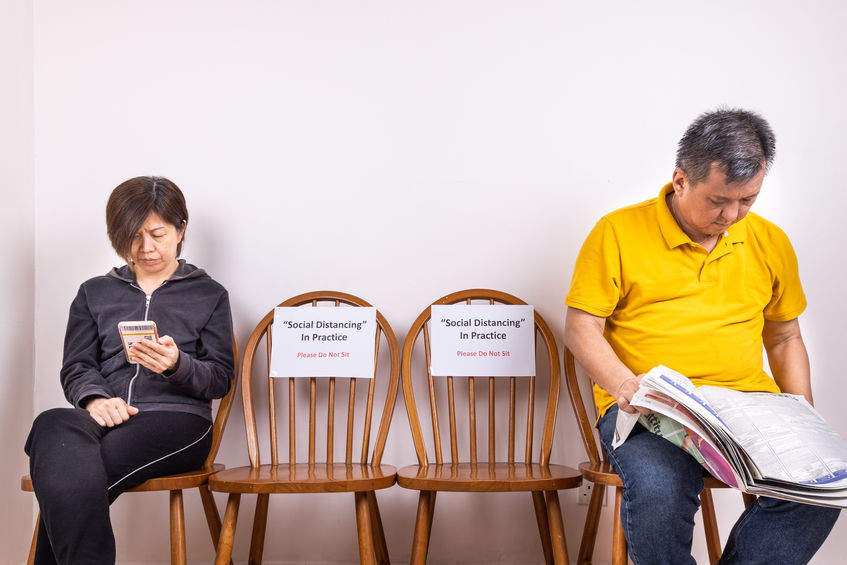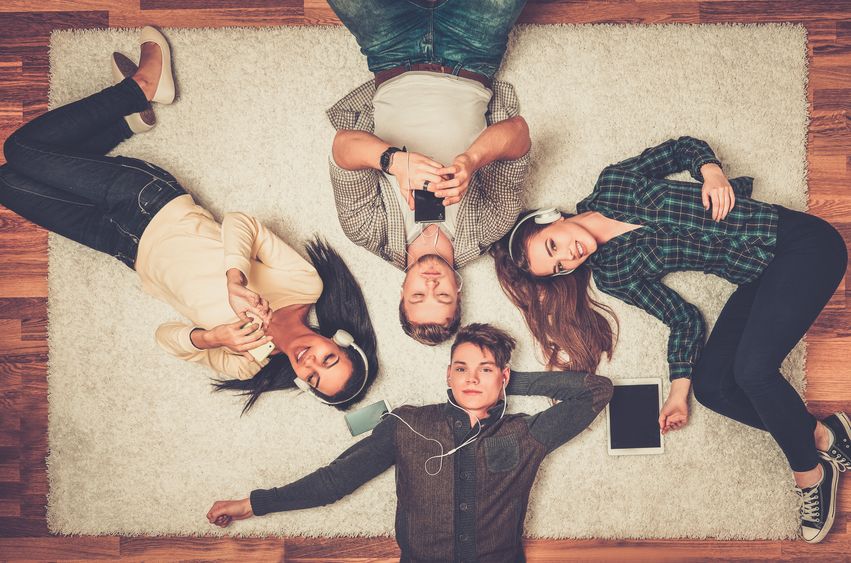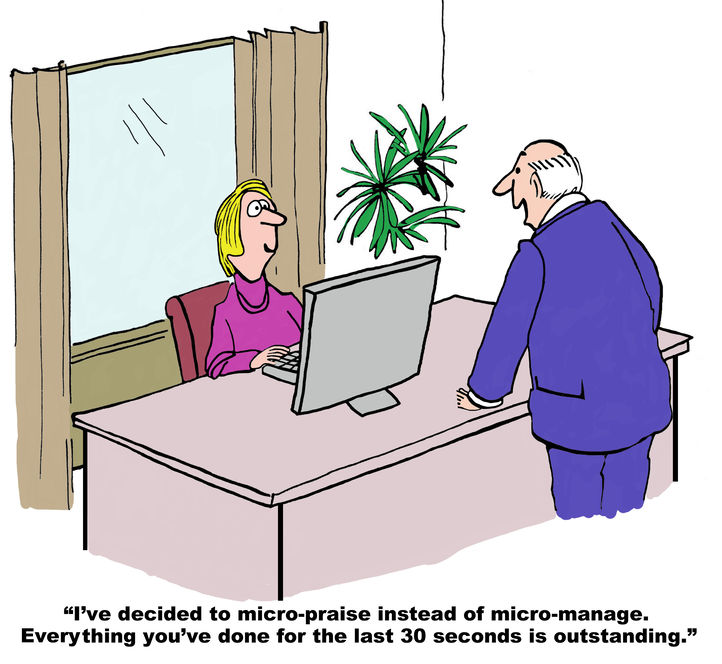Being Recognizably
Respectful in 2020

2020 is not what anyone would have imagined. We find ourselves in lockdowns and in protection mode. Our social landscapes seem to change week by week as isolation remains on the front burner. Yet, our need for sociality has not changed.
Even while physically distanced from one another, there is still a “we’re in this together” attitude amidst the virtual communication taking place.
Compelled to Compassion
Adam Smith, 18th century moral philosopher, taught that our sense of mutual fellow-feeling undergirds our human sociality. People generally find it more pleasant and easier to engage with other people's joy than their sorrow.
But there is an important asymmetry between a person's experience of joy and sorrow. In Smith's words, “Our distress is far larger when we fall from a better to a worse situation than we ever can enjoy in rising from a worse to a better.” We fear falling into a lesser state. When we see others fall, we know that our own reputation and esteem would be tarnished if we did not extend sympathy, if we did not "fellow-feel." Smith denoted this imaginative experience of another's situation as "compassion."
Extending Smith's understanding into 2020, etiquette-ful social distancing is essential in assuring others that we respect their situations. When we leave our homes and enter into public spaces, choosing an attitude of kindness helps us demonstrate recognizably compassionate concern for the worries and losses people are experiencing during the COVID-19 crisis.
As a friend of mine, Tom W. Bell, says: “Etiquette comes not much from lifting your pinkie as from lifting others’ spirits.” Proper compassion is one of the most important etiquette guidelines in these stressful times.
Recognizably Respectful Distancing
I have received many questions related to what people should do and say when others don't seem concerned about new social guidelines regarding staying home. I've been asked to address "what to say to the jerk behind you in line" who doesn't observe the distance rules.
We're hard-wired to resist space invasions. According to Ralph Adolphs, professor of psychology and neuroscience at the California Institute of Technology, “The amygdala is activated when you invade people’s personal space. This probably reflects the strong emotional response when somebody gets too close to us…” During a pandemic, it’s no wonder we are experiencing a heightened level of fear and anxiety.
You may notice various hot topic buttons in the news in others and yourself:
- Prioritizing distance monitoring.
- People's negativity and reactivity.
- Feelings of resentment toward government policy as over or under reacting to the crisis.
Conversations can turn confrontational, fueling discord. Little resentments suddenly grow large.
Only the individual can turn things around, can intentionally choose to be recognizably respectful, strive to keep a more positive tone, and show compassion for the suffering of others. Etiquette is about self-command.
Tips for improving daily communications:
- Listen and let others know you value them as individuals, even though your views might not align with theirs.
- Reach out to others to let them know you are thinking about them and wishing for their health and safety.
- Acknowledge and appreciate the stress that social isolation is imposing.
- Employ 'the pause' with regularity, finding polite ways to express your views and needs.
Remaining optimistic about the future incorporates a better response to stress.
The year 2020 has presented unprecedented challenges. While change is distressing, extra doses of patience, mindfulness, and compassion can smooth the way for everyone. These states of mind will help us all to show up “recognizably respectful.”














